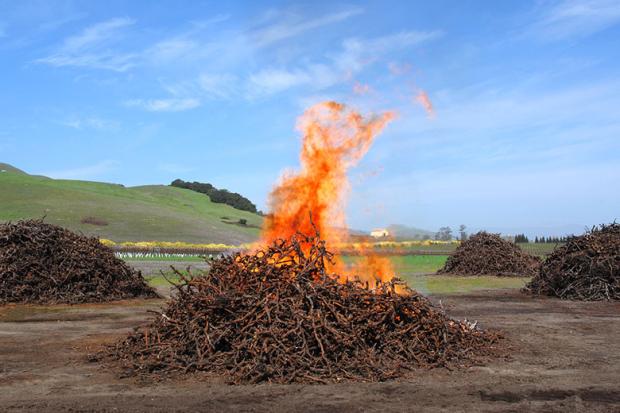Biochar, otherwise known as charcoal, is an age-old method of increasing soil health. Learn more about the science and how to make your own biochar from expert Kai Hoffman-Krull.
The question of growing food in changing climate is one we all need to be asking. We all eat. Predictions illustrate that climate change could cause irrigated wheat yields in developing countries to drop by 13%, and irrigated rice could fall by 15% by the year 2050. In Africa, maize yields could drop by 10–20% over the same time frame.[1] The Intergovernmental Panel on Climate Change estimates that global food production could be reduced by up to 17% by the year 2100 due to crop failures from increased weather variation.[2] The population in the year 2100 is estimated to be 11.2 billion people.[3]
